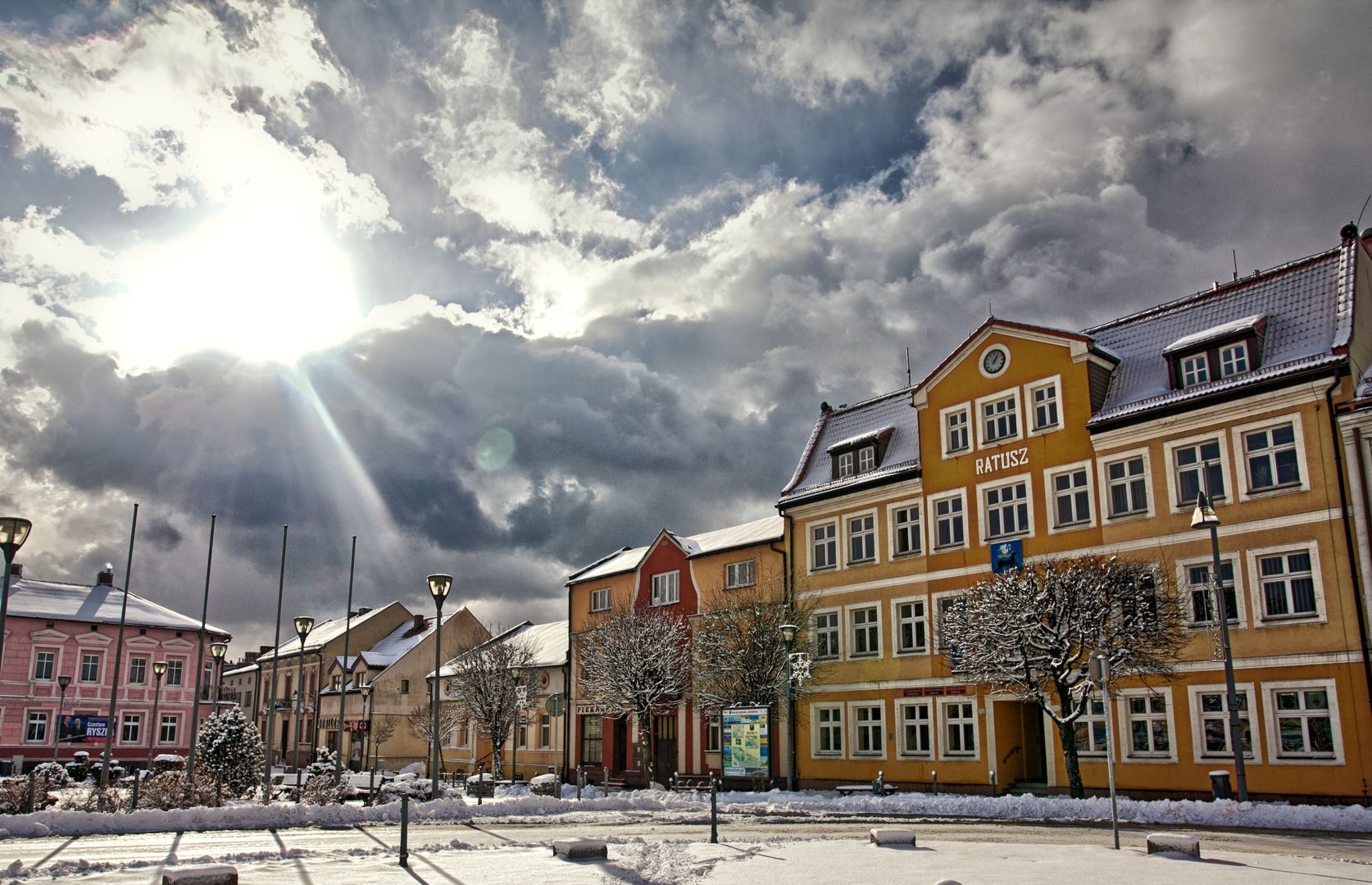Bieruń
6.74

Overview
Bieruń, a town in Poland located in the Silesian Voivodeship, boasts a rich history dating back to antiquity, when the settlement of Leucaristus existed in its vicinity, along with a defensive stronghold from the 10th–11th centuries. The town received its municipal rights in 1387, and its name derives from the Polish word meaning "tax collection," as confirmed by the 19th-century German geographer Heinrich Adamy, who indicated that Bieruń signifies "steuern," or "a place for collecting fees." Bieruń is home to numerous historical monuments, including the famous Sanctuary of St. Valentine and churches listed in the register of heritage sites. The town is also known for its cultural activities, such as the Leon Wojtala Non-Professional Film Festival, which has been held since 1993. Key cultural institutions include the Bieruń Cultural Center and two public libraries. Bieruń also has its districts, such as Bieruń Nowy (New Bieruń) and Stary (Old Bieruń), and its residents can enjoy numerous tourist attractions, including hiking and cycling trails. The socio-economic dynamism is evident due to the presence of workplaces such as the KWK Piast-Ziemowit coal mine and plastic manufacturing plants, contributing to low unemployment rates. The town also provides various forms of transportation, including bus and rail services. Bieruń has partner towns in Europe, including Moravský Beroun and Gundelfingen, fostering cultural exchange and cooperation. Every visitor to Bieruń will appreciate its rich history, dynamic socio-cultural development, and architectural heritage, making it a unique destination on the map of Poland.
Location
2026 Wizytor | All Rights Reserved